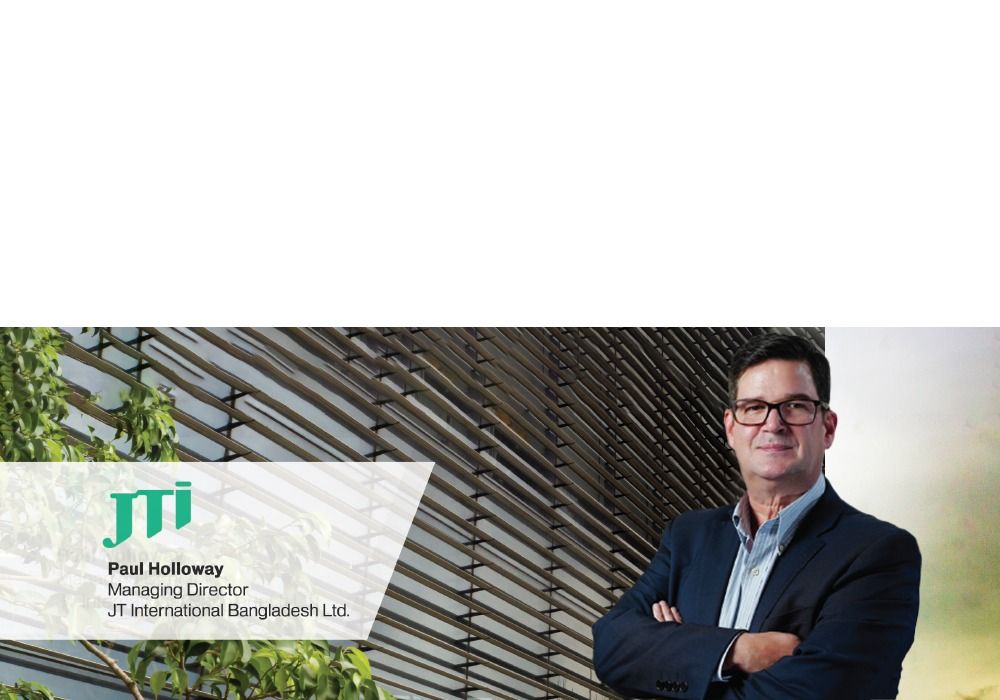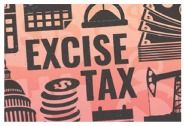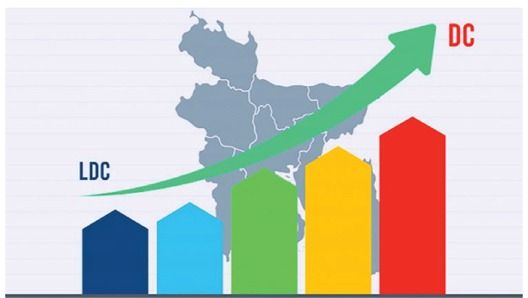- info@ficci.org.bd
- |
- +880248814801, +880248814802
- Contact Us
- |
- Become a Member
- |
- |
- |
- |
- |

Bangladesh has steadily emerged as a prime destination for foreign direct investment (FDI), driven by its robust economic growth and strategic geographic location. The tobacco industry, notably, has attracted substantial foreign investment, exemplified by JT Group's landmark investment of $1.476 billion in 2018. As someone who has managed multinational companies across various markets, I have witnessed firsthand the transformative impact of predictable tax and fiscal policies in creating a favorable environment for FDI. Bangladesh, with its strategic location and burgeoning economy, is poised to become a major investment hub. However, to fully realize this potential, the predictability of its tax regime is crucial.
The tobacco industry in Bangladesh is a major contributor to the national economy, generating substantial tax revenues. In the 2023-24 fiscal year alone, the industry contributed approximately Tk 40,000 crore (BDT 400 billion) to government revenue, which is more than 10% of collected tax revenue. Despite this, the industry faces challenges, including a complex ad-valorem tax system and regulatory unpredictability, which can deter potential investment.
Predictable Tax Regulation
Investors prioritize stability and predictability in the regulatory environment, particularly regarding tax policies. Clear and consistent tax regulations enable businesses to plan long-term investments, forecast financial outcomes, and allocate resources effectively. This predictability reduces investment risks, making Bangladesh a more attractive destination for foreign capital. The recent abrupt tax increase on January 9th, occurring outside the regular budget cycle, has had significant consequences, highlighting the need for a stable and transparent tax regime.
Equitable Taxation
Implementing a balanced tax regime that does not disproportionately burden legitimate businesses is crucial. Sudden and excessively high taxes as a rule of thumb lead to rise in illicit trade and criminal operations that do not pay taxes undermining both government revenues and public health objectives.
Following the tax increase in January 2025, there has been a significant rise in illicit cigarette sales. Media reports estimate that the government loses approximately Tk 1,500-2,000 crore annually due to these illicit activities. According to our internal assessment, the actual losses may be twice as high.
 What Bangladesh looks forward to
What Bangladesh looks forward to
Simplified Tax Structure: Streamlining the complicated ad-valorem tax system to a more straightforward and simplified structure such as specific taxation on product volume, will make it easier for foreign investors to navigate. A more straightforward tax structure reduces administrative burdens and minimizes opportunities for rise of illicit trade and criminal operations evading taxes, thus creating a more stable business environment.
We recommend the government to opt for a simpler, more sustainable tax framework that benefits both the government and the industry. A well-balanced tax policy would ensure that consumers buy only legal products, the government secures its revenue, and businesses operate sustainably.
Enhanced Transparency: Implementing transparent tax administration practices can build investor confidence. This includes clear guidelines on tax compliance and dispute resolution mechanisms.
Strengthened Anti-Illicit Trade Measures: Robust enforcement of anti-illicit trade laws can ensure that tax revenues are not lost to the black market and support protecting legitimate business.
Stability and Assurance: Long-term policy assurances can attract sustained investments. This includes commitments to not alter tax policies abruptly and to engage industry stakeholders in policy formulation. Introducing a three-to-five-year tax calendar would benefit both the government and the industry by enabling businesses to plan their operations and investments more efficiently. The absence of a structured multi-year tax roadmap diminishes confidence in the business climate, making long-term commitments challenging.
Simplified and Digitized processes:The government is investing in digital infrastructure to streamline tax filing and payment processes. Alongside that, these measures can reduce the complexity and cost of compliance for foreign investors and attract FDI:
Streamlined Approvals - Digitizing approval processes, such as trade license renewals, can significantly reduce delays and enhance efficiency, making it easier for foreign investors to navigate the regulatory landscape.
Centralized Systems - Centralizing administrative processes ensures consistency and transparency, which boosts investor confidence and reduces the risk of corruption.
Bangladesh is a nation of visionaries and changemakers. To bring about meaningful reforms for a better future, it is imperative that policymakers adopt simplified and effective tax policies. After the off-cycle tax hike in January, it is important for the government to closely monitor the market's response for now before making any further adjustments to the current tax policy. This approach would help stabilize the market and prevent additional revenue losses due to the proliferation of illicit products.
However, it is crucial to acknowledge that the existing tax structure is failing and requires a long-term solution. Policymakers must consider implementing a different and simplified tax framework for the tobacco industry and immediately start crafting the framework through dialogue with experts and industry who are equipped with practical and in-depth experience of how fiscal policies are impacting the industries. This move could serve as an exemplary step towards future fiscal policies, setting a precedent for sustainable economic growth and stability.






